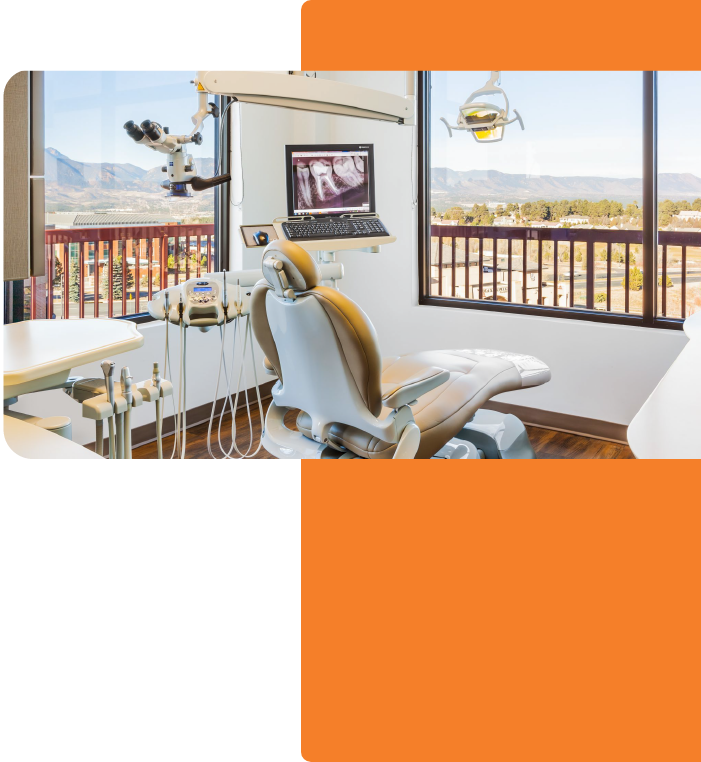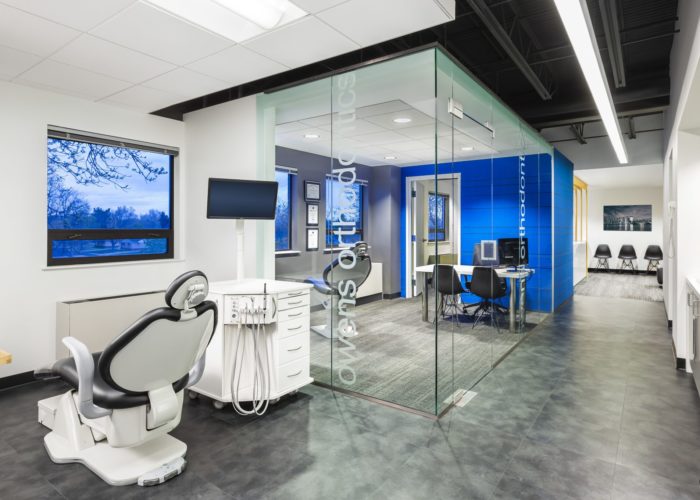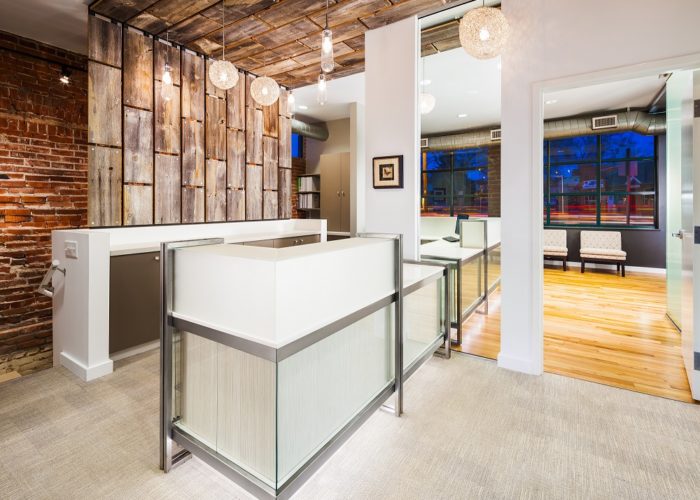DENTAL
REAL ESTATE SERVICES
THOUSANDS OF DENTAL PROVIDERS TRUST US
Becoming a dental practice owner takes nearly a decade of higher education, an incredible financial investment, countless hours of studying, and perhaps even more time in a specialty residency. Whether you’re launching your first office, moving locations, or looking to buy a pre-existing practice, we recognize how important it is to you to find the most ideal location that allows you to preserve all those years of hard work and build upon your success for the future of your practice by achieving the most favorable terms possible on your commercial real estate negotiations.
At CARR, we work exclusively on your behalf to cover every detail for your office from start to finish — including analyzing the top property locations that best fit your unique requirements, even down to the ergonomics of operatories, the laboratory, sterilization area, consultation room, and technology utilization. Every nuance of the new space and economics should align with your specialty and your business goals. What’s the ideal property type, signage, visibility, window lines, and parking situation? What about the demographics, neighboring tenants and practices, and market location? We’ll help you find the answers to these questions and much more.
Then, we’ll help you partner with key industry leaders to add value to your team, while ensuring the most successful real estate transaction for your dental practice. This commitment to detail and successful outcomes is why thousands of dentists and dental specialists trust CARR to provide them with experienced advice and guidance for all of their dental real estate needs. t the country.


Our Dental Realty Expertise
At CARR, our only business is healthcare real estate — and we’re here to help you benefit from our extensive knowledge and unparalleled experience. Given the nature of our clientele, we understand the unique real estate needs of dentists and dental specialists, including:
- General Dentists
- Cosmetic Dentists
- Pediatric Dentists
- Endodontists
- Periodontists
- Prosthodontists
- Orthodontists
- Oral and Maxillofacial Surgeons
As your dental real estate experts, we handle every facet of your transaction, including site selection with demographic and competition analysis, purchase vs. lease evaluation, lease analysis, timeline management, and more.
Our expert commercial real estate services and skilled negotiating ensure you obtain the most favorable terms and concessions possible, while saving a significant amount of your valuable time, and avoiding costly pitfalls, complications, and delays.
Dental Real Estate Services
Just as you help your patients work toward sparkling smiles, healthy teeth, being pain-free, and happy outcomes, our team assists dentists and practice owners with all aspects of dental office real estate transactions. Because we live and breathe this industry every day, we know the nuances and intricacies of it — meaning we can help you avoid common traps while also setting yourself up for success in the future.
Maybe you’re wondering if you should purchase or lease your office space? If you should locate in an office building or retail center? Or how many square feet you really need? How about what price per square foot you should pay, how long of a lease you should sign, or how many concessions are really available to you?
Our CARR team is here to help. Whether you are opening your first dental office, buying a new practice, renegotiating an existing lease, purchasing a building, or scaling locally or nationally, CARR’s dental real estate experts will ensure your interests are represented at the highest level.

When it’s time to negotiate a new lease, renegotiate a lease renewal, or purchase your dental office space, there is a lot more at stake than just the price per square foot.